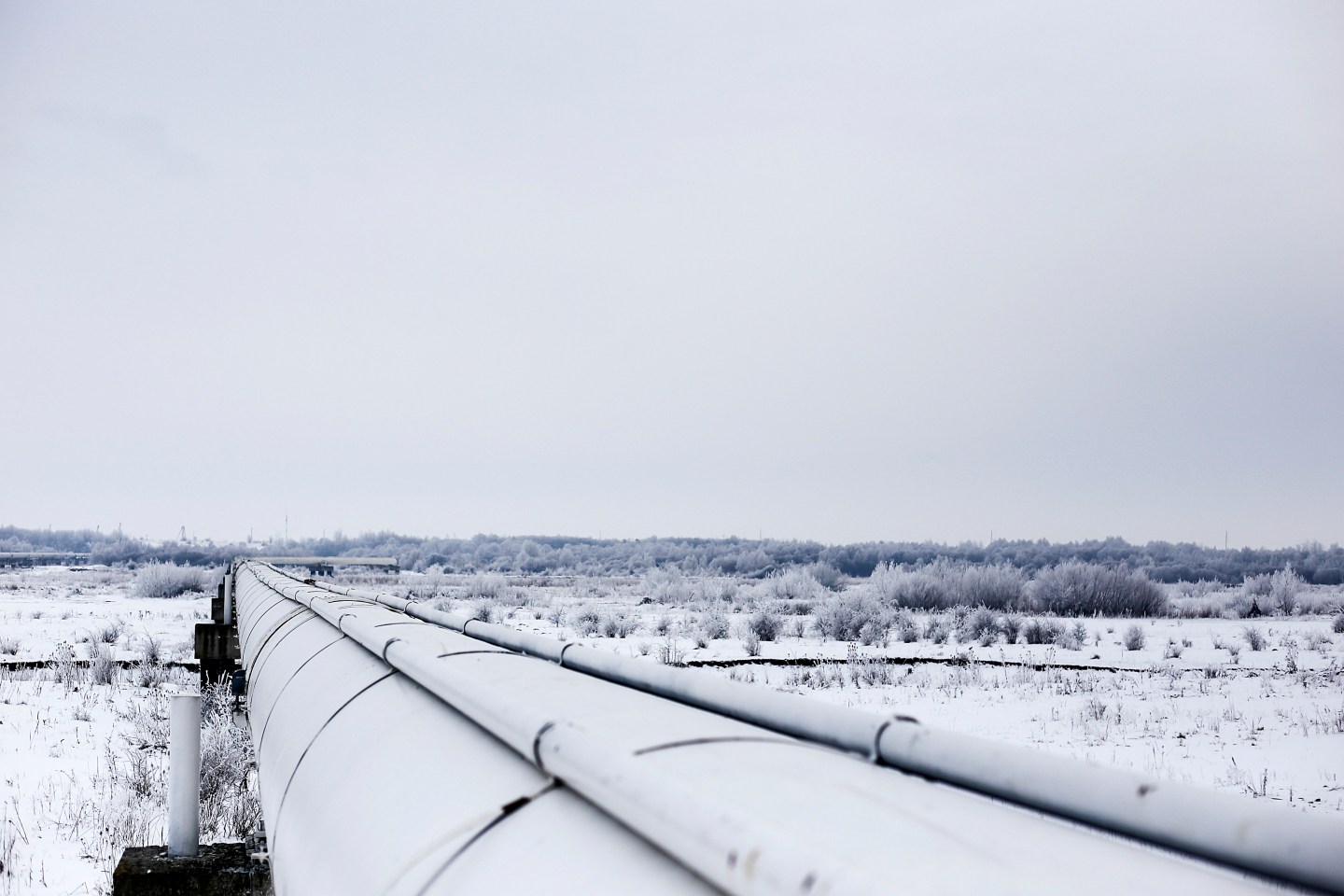Russia agreed to resume gas sales to Ukraine, lifting the threat of a disruption to this winter’s energy supplies to the E.U. in what officials said could mark the start of a turnaround in diplomatic relations between the sides.
“This is perhaps the first sign of a wise and well-functioning neighborhood policy and is perhaps the first glimmer of a relaxation in the relationship between the two neighboring countries,” European Commissioner Guenter Oettinger, who brokered the deal, said at a news conference late Thursday in Brussels.
The agreement comes at a crucial time, as the winter heating season begins in central and eastern Europe. Without a deal, Ukraine–as well as countries such as Slovakia and Bulgaria, which depend on Russian gas–risked freezing, while Gazprom risked irreparable damage to its reputation as a reliable supplier to Europe.
The two sides had already agreed in principle on a price, but talks had broken down when Russian gas giant OAO Gazprom asked the E.U. to formally guarantee Ukraine’s payments. The deal was made possible after Gazprom dropped its demand, and Ukraine agreed to pay upfront for supplies till the end of the year.
Under the deal, Ukraine will pay $3.1 billion by the end of the year to clear its debts for past supplies, of which $1.45 billion will be paid immediately. It will also pay $760 million in advance for November.
Reuters cited Gazprom chief executive Alexey Miller as saying supplies could resume as soon as the end of next week if those conditions are met.
According to Russian reports, the price for November and December will be $378 per 1,000 cubic meters, roughly in line with what Gazprom’s E.U. customers pay. It falls to $365 for the January-March period.
The deal won’t end the tensions between Europe and Russia overnight, still less the Russian-backed armed rebellion in two of Ukraine’s eastern regions.
But there have been signs that the crisis could at least be past its most acute phase. A ceasefire agreement last month has cooled, but not ended the fighting.
Russia has recognized the results of parliamentary elections in Ukraine last Sunday that returned a pro-European majority for President Petro Poroshenko, largely free from the extreme right-wing elements that Moscow has loudly complained about in recent months.
However, Moscow has also said it will recognize rival elections to be held in early November by the rebels in the Donetsk and Luhansk provinces, in open defiance of Kyiv and the E.U.. The ceasefire agreement made in Minsk in September says that elections should be held under Ukrainian law.






